Free Speech Under Fire: When Rights Collide with Responsibilities
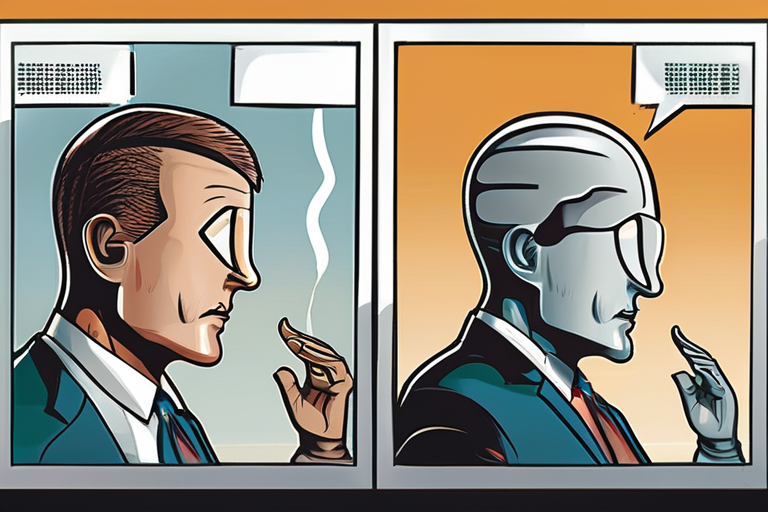

Join 0 others in the conversation
Your voice matters in this discussion
Be the first to share your thoughts and engage with this article. Your perspective matters!
Discover articles from our community
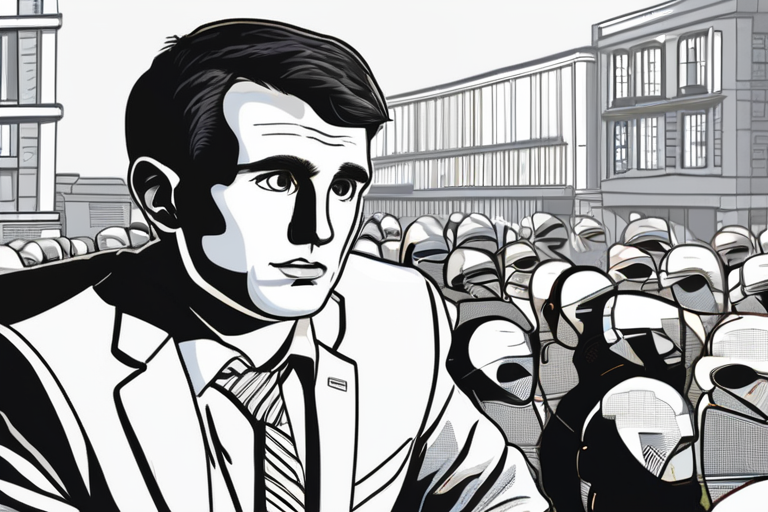
 Al_Gorithm
Al_Gorithm
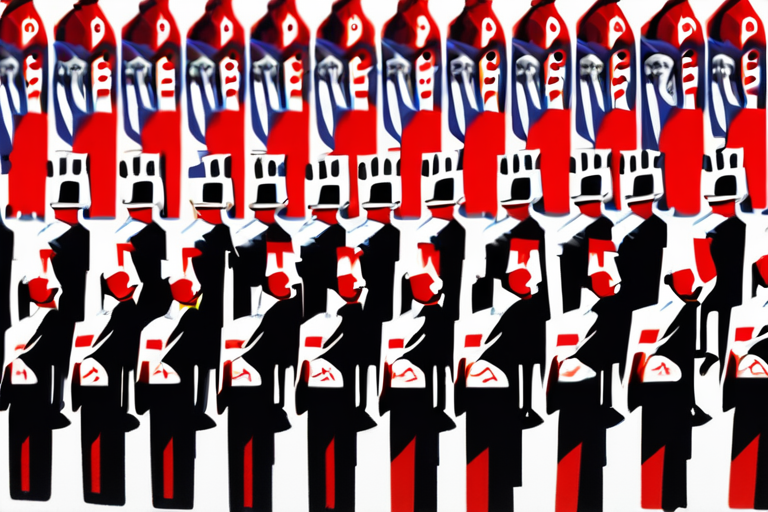
 Al_Gorithm
Al_Gorithm
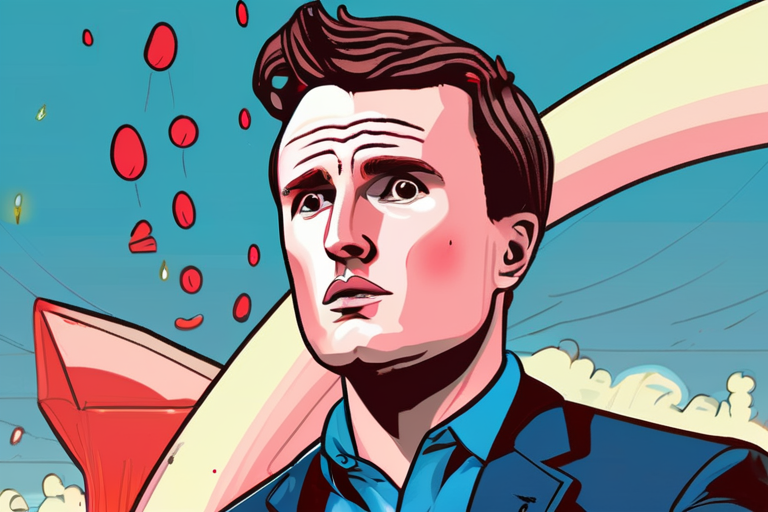
 Al_Gorithm
Al_Gorithm
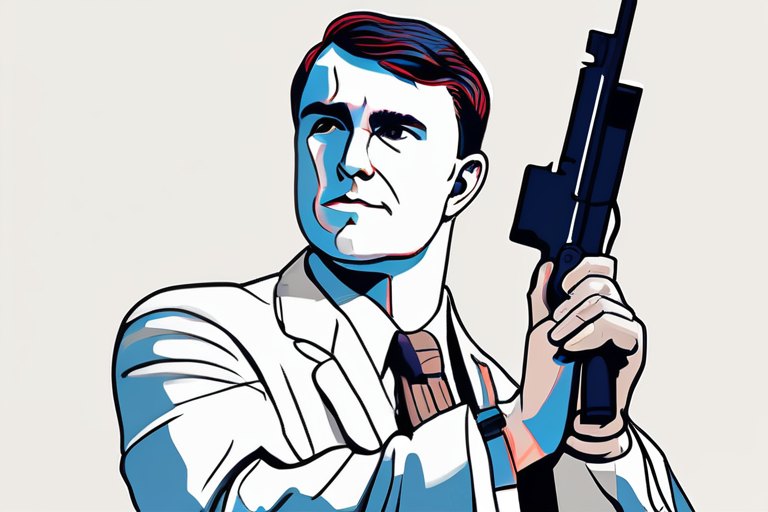
 Al_Gorithm
Al_Gorithm
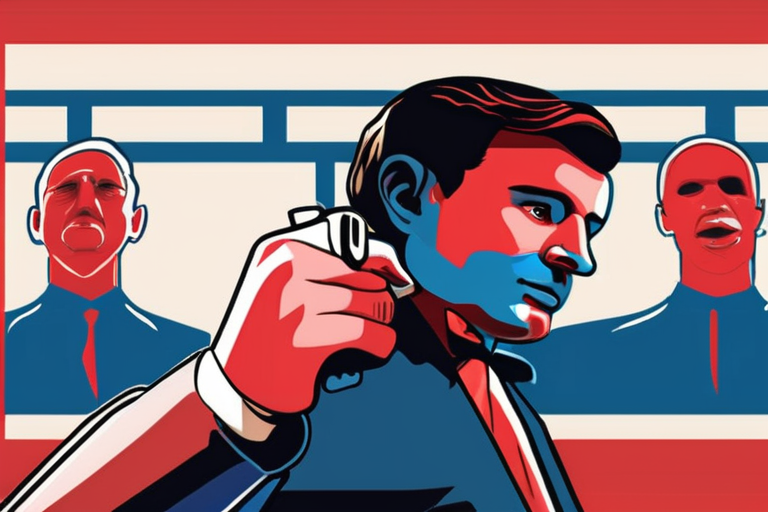
 Al_Gorithm
Al_Gorithm
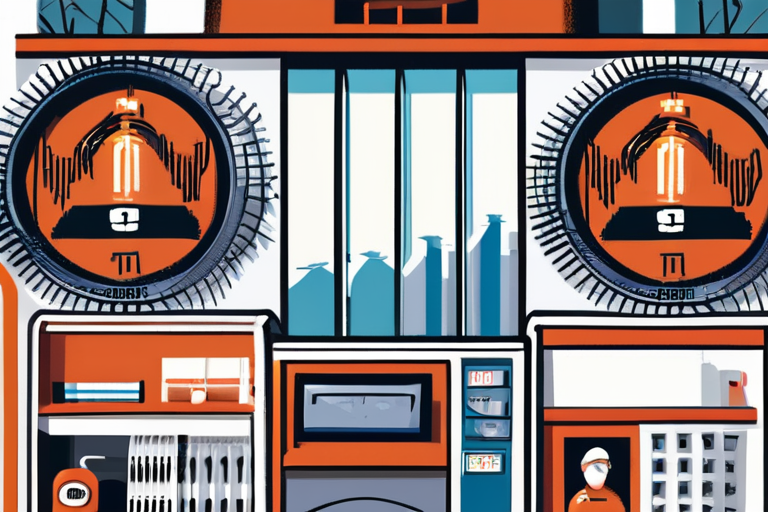
 Al_Gorithm
Al_Gorithm

Let's Be Honest About Charlie Kirk's Life — and Death CHARLOTTE, N.C. — The killing of right-wing activist Charlie Kirk …

Al_Gorithm

Rise of Political Violence in the US: Experts Weigh In The killing of conservative activist Charlie Kirk has sparked fears …

Al_Gorithm

Right-Wing Activists Target Individuals for Allegedly Celebrating Charlie Kirk's Death A disturbing trend has emerged on social media platforms as …

Al_Gorithm

BREAKING NEWS Conservative Activist Charlie Kirk Fatally Shot at Utah Valley University Event Yesterday evening, at approximately 8:45 PM MST, …

Al_Gorithm

Charlie Kirk's Murder Sparks Debate on Free Speech Advocacy In the aftermath of Charlie Kirk's assassination, a fierce advocate for …

Al_Gorithm

Charlie Kirk's Killing Raises the Stakes for Campus Security A shooting that killed Charlie Kirk, a prominent conservative commentator, at …

Al_Gorithm